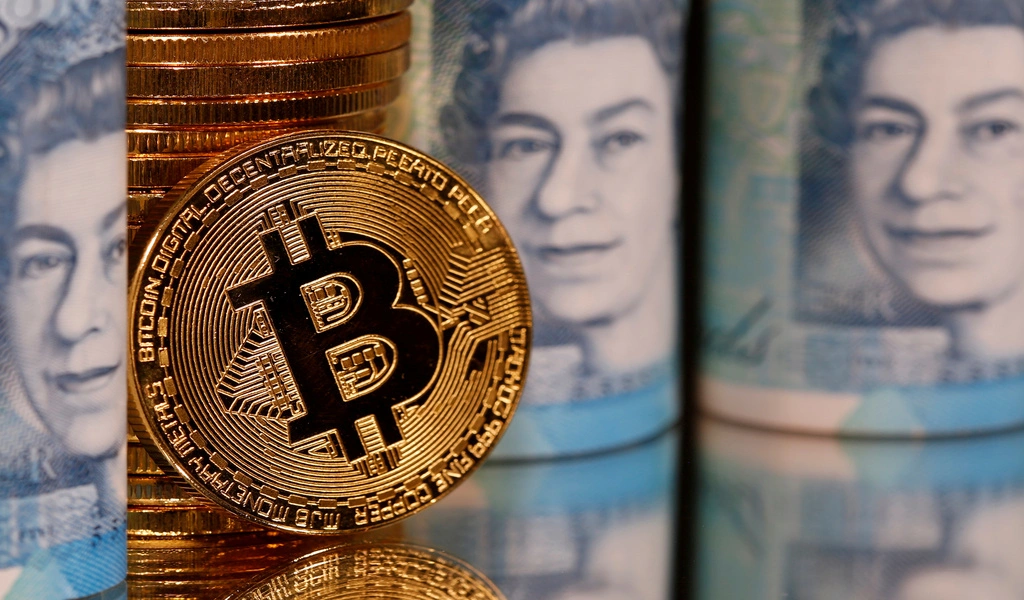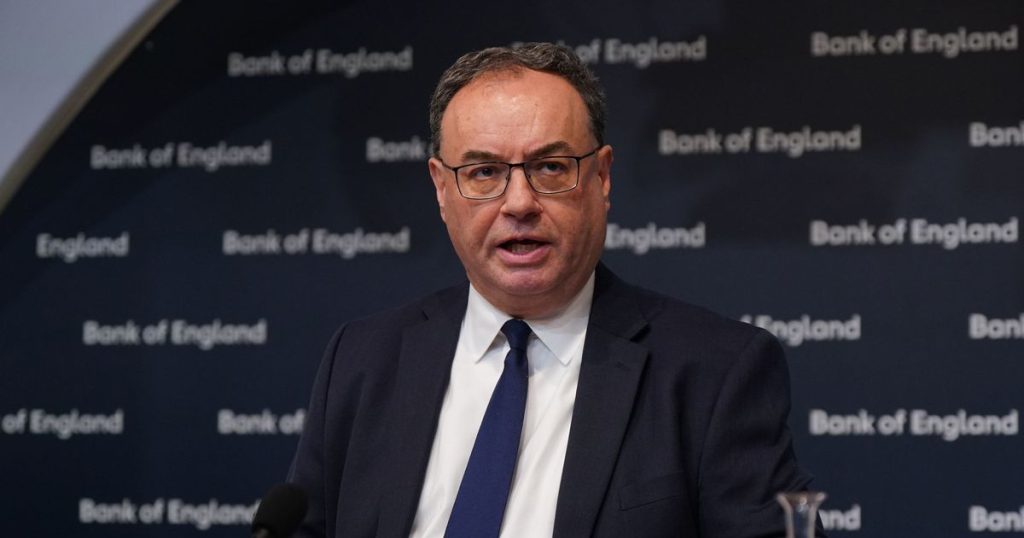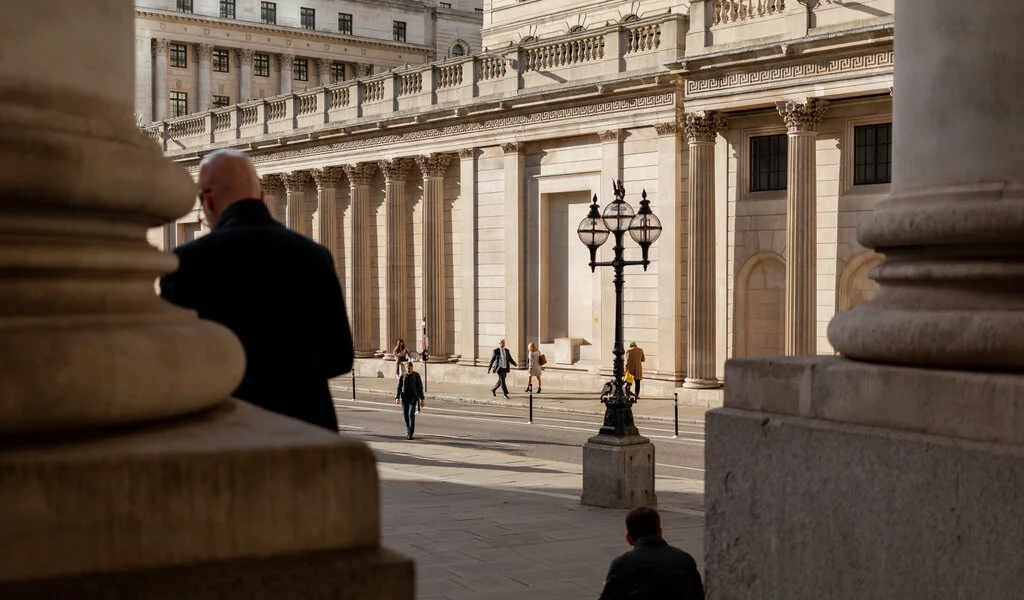(CTN News) – The Treasury and the Bank of England predict that a state-backed digital pound will be introduced later this decade.
Both organizations seek to ensure that the general public has simple access to secure money in the digital age.
The central-bank digital currency (CBDC), according to Chancellor Jeremy Hunt, maybe a new “trusted and accessible” method of payment.
However, it won’t be constructed until at least 2025.
While ensuring that we safeguard financial stability, Mr. Hunt stated, “We want to study what is feasible first.
On Tuesday, a consultation on the virtual currency will legally begin with the Treasury and the Bank of England.
Since a central bank does not support cryptocurrencies, their value is subject to ups and downs.
The digital pound, issued by the Bank of England, may use technology like that of cryptocurrencies like Bitcoin and Ethereum, but it would be less volatile. According to the Treasury, ten digital pounds will always equal ten actual pounds.
However, as tourists know, the pound’s value fluctuates concerning other currencies.
As chancellor in 2021, Prime Minister Rishi Sunak requested that the Bank of England investigate the possibility of supporting a currency.
Additionally, Mr. Sunak’s Financial Services Minister Andrew Griffith cautioned in October 2022 that a protracted delay might negatively affect the economy.
A digital pound is probably not now in great demand. People carry out the same function using their debit cards, phones, or even watches. It offers a resolution to a hypothetical issue.
However, this is looking forward to a time that sounds like financial science fiction shortly. Its core concerns center on information about your and the general public’s spending patterns.
In this scenario, people may decide to put their faith in global private sector brands above the government in the financial or technological sectors.
Consider Facebook or Alibaba, which China controls, or Tiktok, which also offers a sterling-based currency.
Companies that control consumer spending information, including when, where, and how much they spend, will be sitting on a precious treasure.
Unregulated digital currencies would entice these businesses to build walled gardens, which would split the pound system. Since $1 may not be worth $1 everywhere, it would be harder to govern the economy.
Today’s concepts fit in here. The information on transactions using a digital pound would not be accessible to the Bank of England or the government.
Customers might choose from various suppliers with varied levels of privacy, not only banks, to retain their money in digital wallets.
For instance, if they obtained a discount, some consumers would feel fine with their wallet provider knowing about all of their transactions. Others would choose to maintain their privacy at any cost. Treasury officials seek to promote innovation.
Other, larger blocs, like the United States and the Eurozone, want their digital currencies to be accepted internationally for trade.
This has a less obvious goal in mind. The focus here is on preserving UK monetary independence in the face of disruption from entities like Big Tech.
Initial restrictions
Launching the currency will take a lot of money if it gets the go-ahead.
Individuals and businesses might be limited on how much currency they can hold.
In a statement, Bank of England governor Andrew Bailey said the digital pound would “help businesses maintain trust in money and better protect financial stability”.
This consultation is the “foundation” for what will be a “profound” decision for the future.
What could a digital pound look like?
-
It would replicate the role of cash in a digital world
-
Issued by the Bank of England
-
Subject to rigorous standards of privacy and data protection
-
Accessible through digital wallets via smartphones or smartcards
-
Payments can be made online, in stores, and to friends and family
-
Initial restrictions on how much an individual or business could hold
Similar proposals are being considered by countries worldwide, including the US, China, and the Eurozone.
Related CTN News:
Bank Of England Makes Biggest Interest Rate Hike In 30 Years And Warns Of A Long Recession








